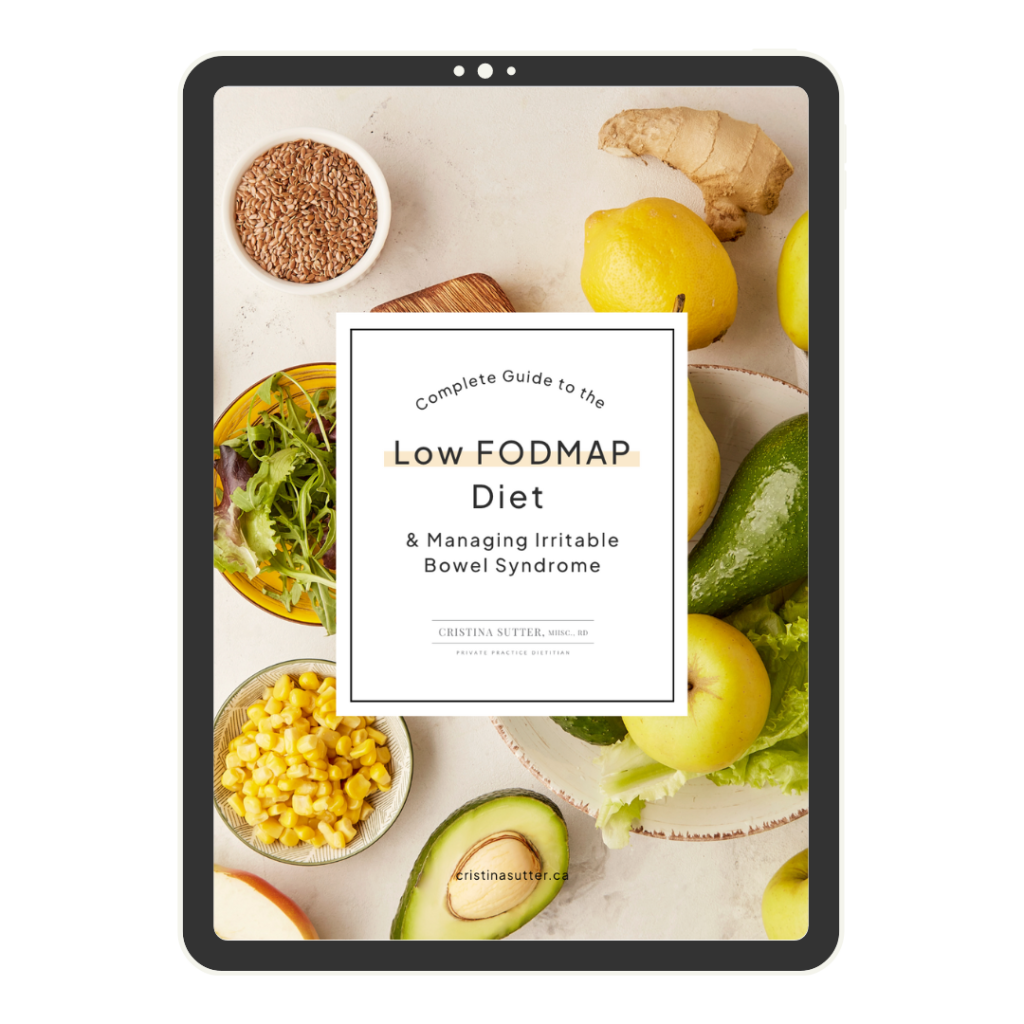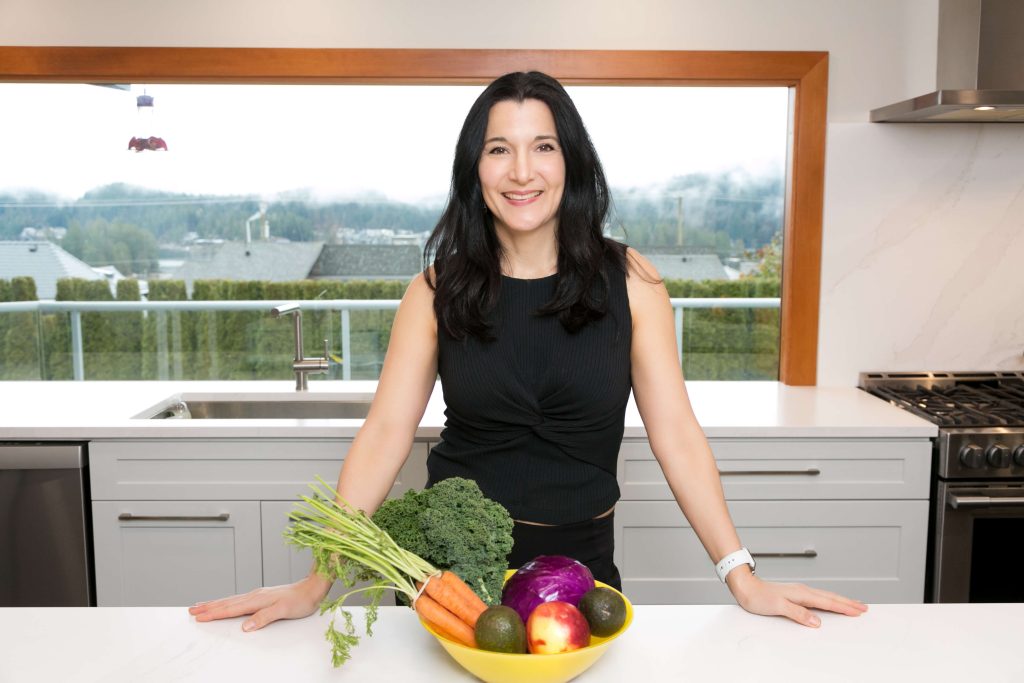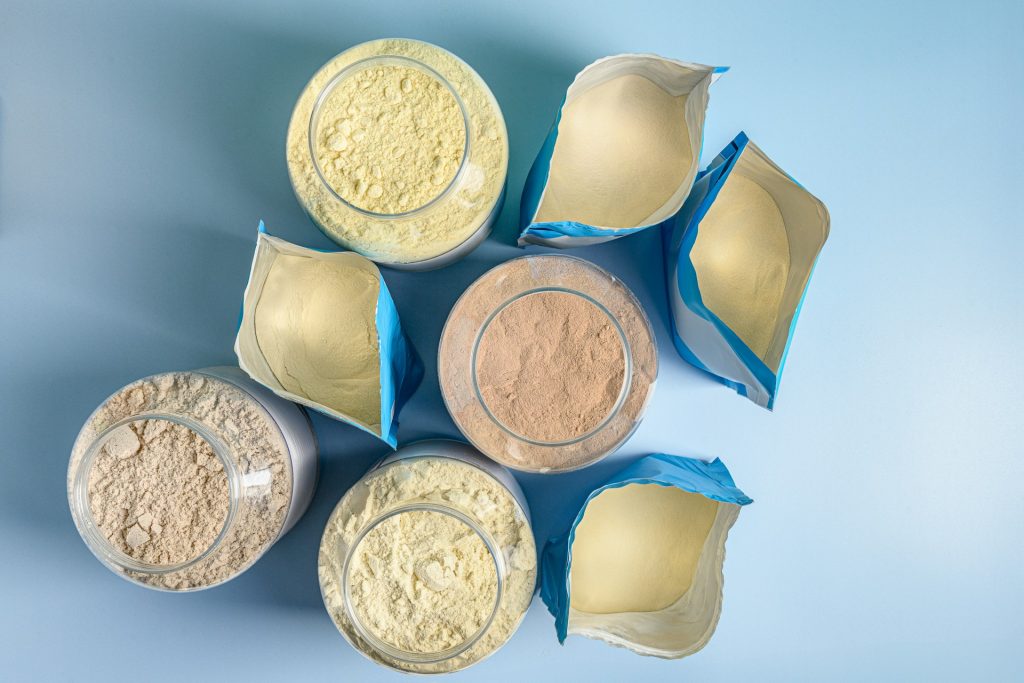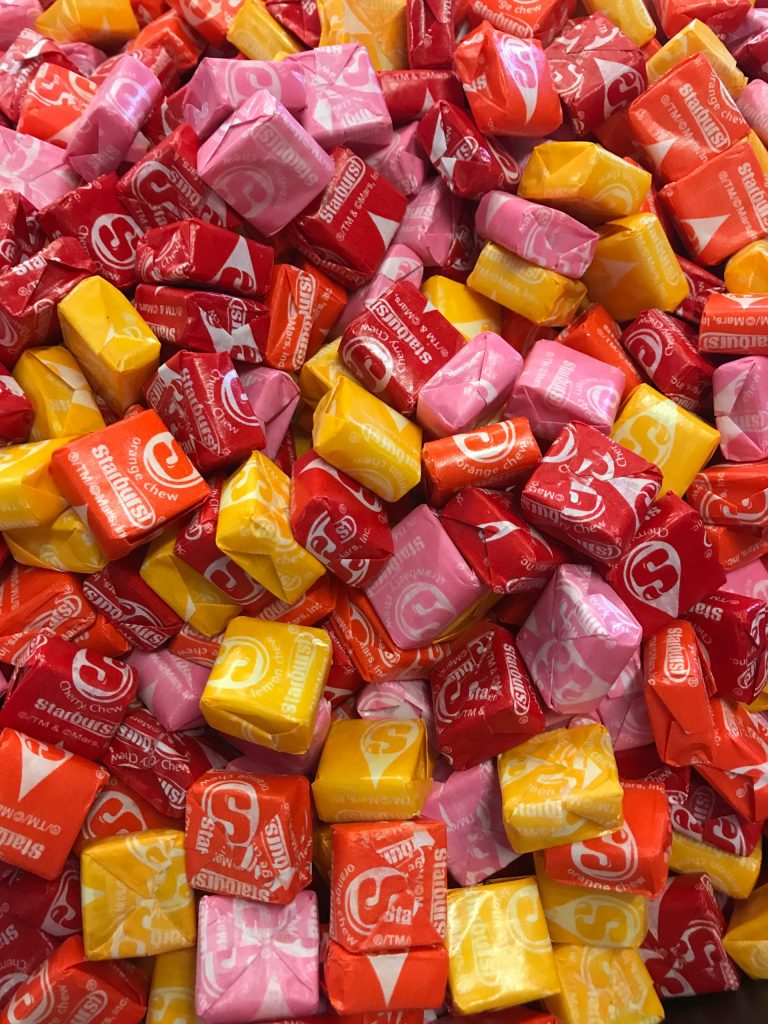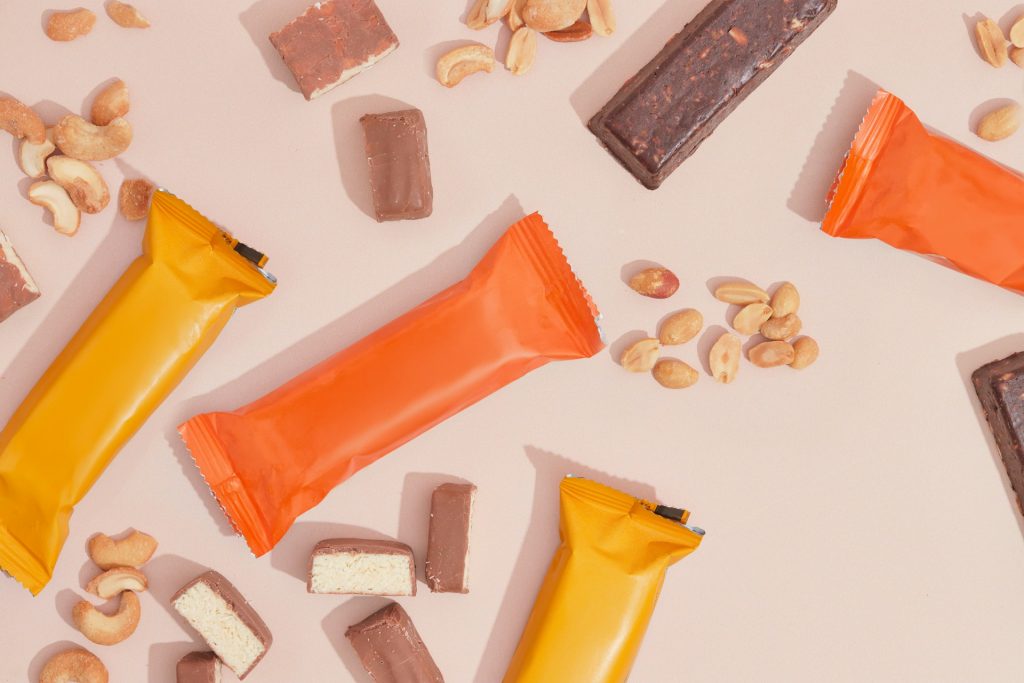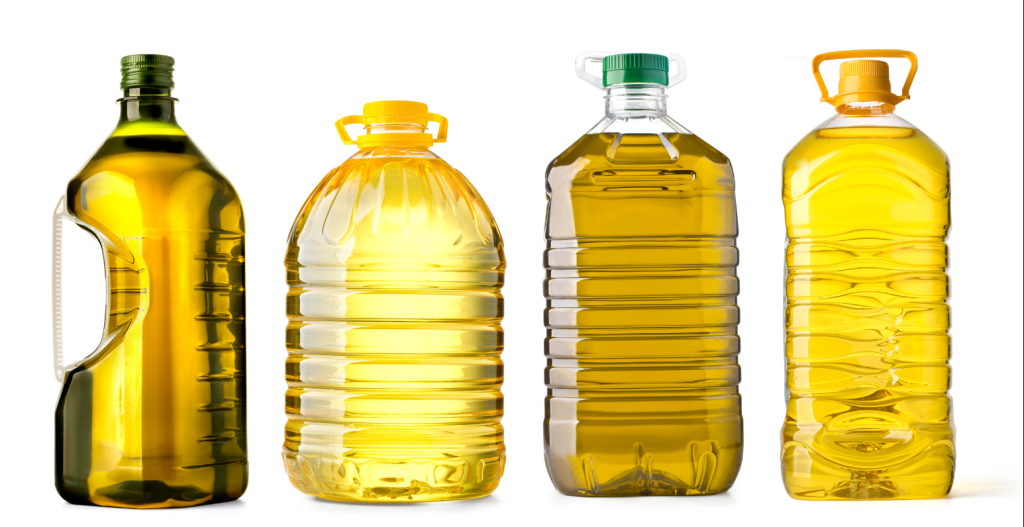Agave Syrup: Natural Sweetener Raises Risk of Heart Disease and Diabetes
Is sugar by another name, still sugar? New natural sweeteners are hitting the shelves, each claiming to have health benefits, but are they really better than regular sugar? Agave syrup is the latest in a long line of natural sweeteners like brown rice syrup, coconut sugar, honey, and stevia that would have us believe that they are good for us.
Agave Syrup comes from the agave cactus, the same plant that makes tequila. This sweet nectar has a low glycemic index, so it doesn’t spike your blood sugar, making it diabetic friendly. But agave syrup is very high in fructose, much more so that even high fructose corn syrup (HFCS). You probably already know that HFCS is the cheap sweetener added to processed foods like pop, bars and junk cereals and it is thought to be responsible for the rise in obesity and type 2 diabetes. What? Yes you heard right, fructose is the key ingredient in HFCS that is implicated in disease and agave syrup is loaded with it.
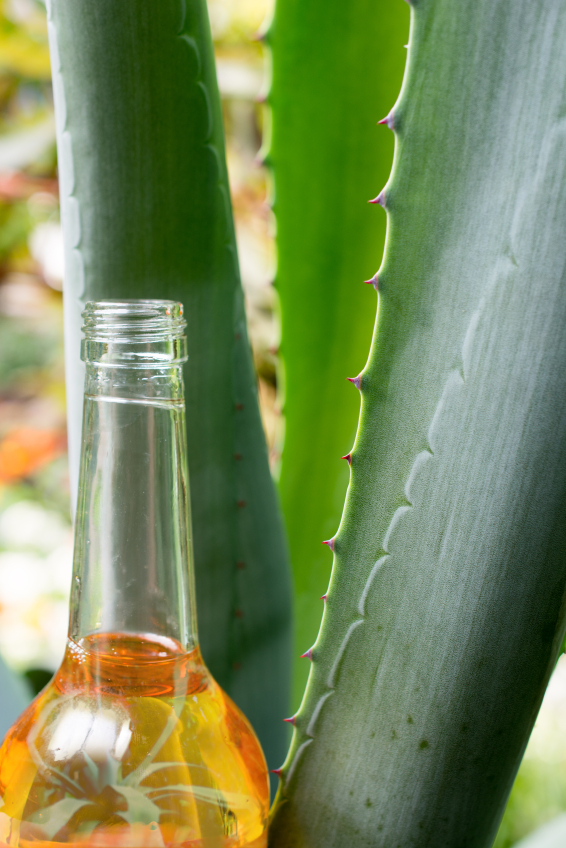
Sweeteners with high fructose content like Agave Syrup, HFCS and fruit juice concentrate raise our cholesterol more than regular sugar and may even build up insulin resistance, a stepping stone on the path towards type 2 diabetes. These high fructose sweeteners do not signal normal fullness through the hormones insulin and leptin, which can lead to overeating and eventually packing on more pounds. To add insult to injury, they store the extra fat near your vital organs, instead of under the skin, and this internal or “visceral fat” puts us at higher risk of heart disease and diabetes. This is why having large amounts of sugars that are high in fructose, like agave and high-fructose corn syrup can be so harmful.
Sweeteners low in fructose like honey, coconut sugar and brown rice syrup may be better choices. Honey is less processed than table sugar and it does have vitamin C, antioxidants and anti-inflammatory components. Beware, honey does have more calories than table sugar and it is way sweeter, so a little goes a long way. Coconut sugar also has some vitamins and minerals, like phosphorus, calcium, zinc, iron, vitamin C and B and has small amounts of amino acids (the building blocks of proteins). Looking next at brown rice syrup, it is also less refined than table sugar so it has some fiber. While honey, coconut sugar and brown rice syrup may have some nutrients that sugar doesn’t, they still add extra Calories that most of us cannot afford.
Stevia is a natural sweetener that has zero calories and does not cause a spike in your blood glucose. This makes it attractive for people with diabetes and those of us watching our weight. However, since it is 200 to 300 times sweeter than sugar, it trains your taste buds to crave sweet foods. And a word of caution: It was only approved by Health Canada to be added to some foods in November 2012, so we do not know all of its long-term health effects yet.
At the end of the day, keep in mind that sugar is addictive and most of us have too much of it. If you find yourself snacking on sweet yogurt, granola bars and muffins, you are probably hooked. The more you have, the more you want. Try to limit added sugars and sweeteners and retrain your tastebuds, so that your body can recognize the natural sweetness in foods. Although some natural sweeteners may have a few extra vitamins, all sugars and sweeteners should be consumed in moderation. Watch out for added sugars disguised under different names on an ingredient list such as corn syrup, fruit juice concentrate, glucose-fructose, invert sugar, malt, rice syrup, sucrose etc. Sweetened foods are usually high in Calories, low in nutrients and if they replace healthy meals and snacks, we end up missing important foods that we need to stay healthy.

